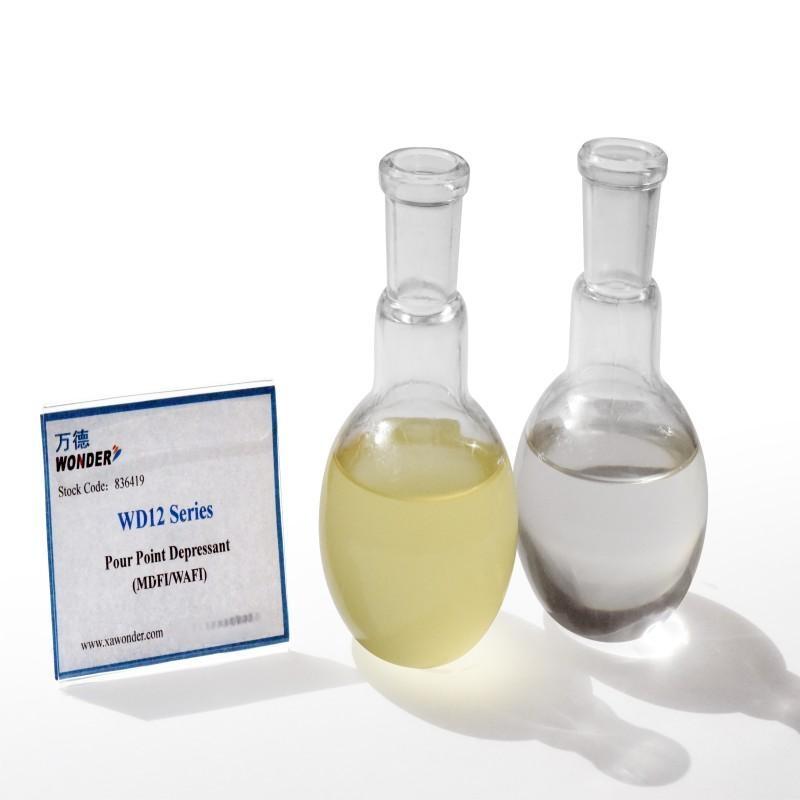-
Categories
-
Pharmaceutical Intermediates
-
Active Pharmaceutical Ingredients
-
Food Additives
- Industrial Coatings
- Agrochemicals
- Dyes and Pigments
- Surfactant
- Flavors and Fragrances
- Chemical Reagents
- Catalyst and Auxiliary
- Natural Products
- Inorganic Chemistry
-
Organic Chemistry
-
Biochemical Engineering
- Analytical Chemistry
-
Cosmetic Ingredient
- Water Treatment Chemical
-
Pharmaceutical Intermediates
Promotion
ECHEMI Mall
Wholesale
Weekly Price
Exhibition
News
-
Trade Service
On Wednesday (November 17), the U.
S.
oil December contract closed down 3.
13% at $78.
23 per barrel, falling below the $80 mark
for the first time in three weeks.
The latest report released by the U.
S.
Energy Information Administration (EIA) showed that EIA crude oil inventories in the United States fell by 2.
101 million barrels in the week ended November 12, compared with an expected increase of 1.
2 million barrels and an increase of 1.
002 million barrels
in the previous month.
But the report failed to significantly change the bearish sentiment
in the crude oil market.
Typically, an upbeat inventory report from the EIA will trigger a higher price in crude oil because it indicates stronger-than-expected
demand for oil and its products.
But analysts believe that the current larger-than-expected inventory decline may prompt the Biden administration to release crude oil reserves from the US Strategic Petroleum Reserve
.
OPEC+ refused to extend production increases in December, signaling the sale of strategic crude reserves amid concerns about rising U.
S.
natural gas and energy prices
.
Marshall Steeves, an energy market analyst at IHSMarkit, said crude oil futures sold off amid market expectations that the Biden administration may consider releasing strategic crude oil reserves and the United States may ban crude oil and gasoline exports
.
Democratic U.
S.
Senate leader Schumer pushed for the release of strategic crude oil reserves
over the weekend.
Schumer said that with the shopping season approaching, the Biden administration should release strategic crude oil reserves to lower gasoline prices
.
Steeves believes that the release of the Strategic Crude Oil Reserve is likely to be the most likely scenario
.
Nevertheless, since the release of strategic reserve crude oil represents only a small fraction of global production and consumption, the impact will be
short-lived.
In addition, this will be a one-time event, not a continuous increase
in production.
The push to release strategic crude oil reserves is likely to be driven by political considerations, resulting in a brief drop in prices during the shopping season
.
John Kilduff, founding partner of Institutional Again Capital, said that earlier in the day, expectations that the Biden administration may release strategic crude oil reserves to fight inflation weighed on oil prices, but market doubts about the US operation caused US crude oil futures prices to rise
.
Kilduff believes that market prices seem too aggressive in reacting to the possible release of strategic crude oil reserves by the United States
.
However, JPMorgan analysts such as Natasha Kaneva said in the report that it is highly unlikely that global countries will "jointly release strategic petroleum reserves"
.
Only the United States seems to be the IEA member looking forward to releasing its reserves
.
However, with rising inflation and pressure from U.
S.
Senate Democrats, we believe the White House will ask the Department of Energy to implement a replacement agreement, accelerate forced sales, or a combination of
both, the report said.
Swapping large reserves could bring U.
S.
oil deliveries to 30 million barrels so far, which will be exchanged back
when supplies return to normal.
The U.
S.
Department of Energy may also accelerate the sale of 18 million barrels of crude oil, which it had planned to complete over
the next three years.
The White House has several options on hand to immediately release crude to a market in short supply, and may choose at least one
of them.
OPEC expects a supply glut as early as December
The Organization of the Petroleum Exporting Countries (OPEC) said that as the post-pandemic economic recovery stalls, the global oil market will go from undersupply to oversupply as soon as next month
.
OPEC Secretary-General Mohammad Barkindo said the outlook meant it was reasonable
for OPEC to increase production at only a modest pace.
The comments again show that OPEC and its partners will continue to resist U.
S.
pressure to accelerate production increases and will stick to earlier tactics
at their meeting early next month.
Barkindo told reporters in Abu Dhabi on Tuesday that the recovery is fragile and these uncertainties further strengthen our resolve
to hold the wheel firmly.
Barkindo said OPEC+ would be very cautious
about increasing production.
He echoed Saudi Energy Minister Abdulazizbin Salman, who said this week that oil inventories would pick up
again starting next month.
Having seen inventory recovery for six weeks in a row, our decisions are data-driven and we must be very cautious
.
The International Energy Agency (IEA) believes that the oil price rally is coming to an end
The International Energy Agency (IEA) said tensions in the global oil market, which pushed oil prices to seven-year highs, have begun to ease
as production picks up in places like the United States.
According to the IEA's monthly report, demand growth remains strong, but supply is catching up, and changes in oil inventories in October suggest "trends may be shifting.
"
If this prediction is correct, it will bring great comfort
to consumers who have been hit hard by rising prices.
The IEA said in its monthly report that the world oil market remains tight by all measures, but a moderation of price increases may already be in sight, and U.
S.
production is increasing
along with higher oil prices.







